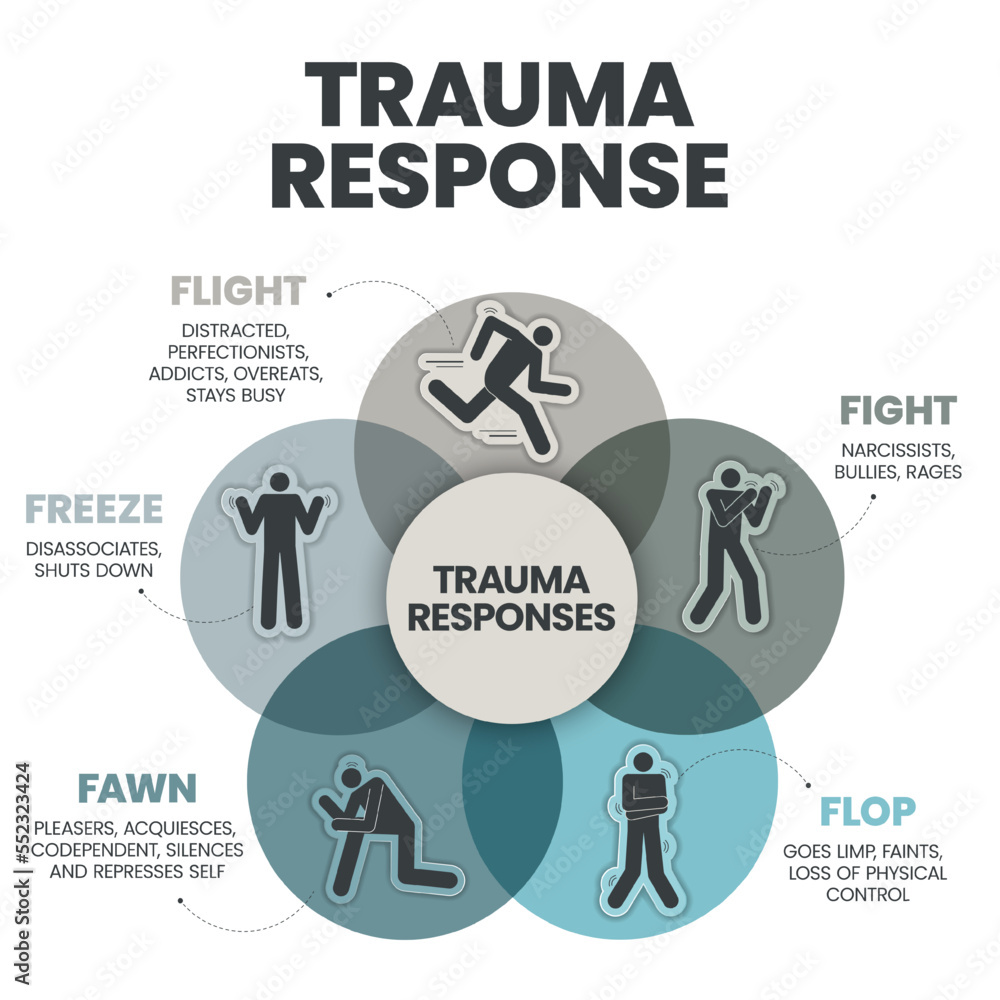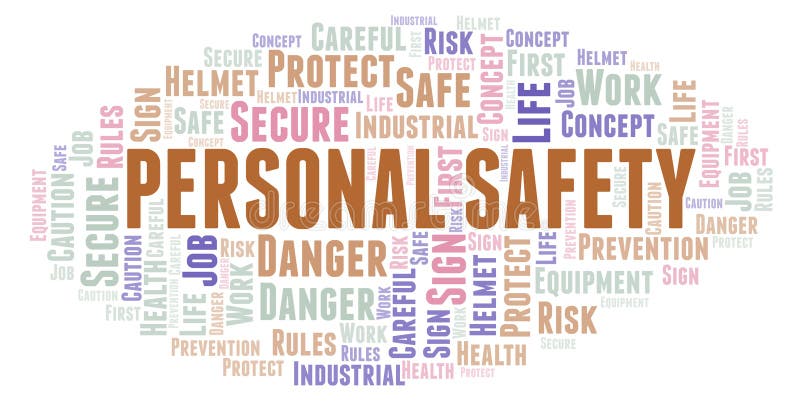Sexual Assault Trauma Bundaberg
Sexual Assault Trauma Bundaberg — in the Holistic, Healing, Energy, Health & Wellness Community: A wake-up call for people of all genders.
.
A SEXUAL ASSAULT STORY
BUNDABERG, QUEENSLAND
.
In a recent distressing incident, a woman in her forties reached out to book a Yoni Whisperer Bodywork session, seeking comfort and support after experiencing trauma and sexual assault during an encounter with an energy healer in the Bundaberg region of Queensland.
Regrettably, this is not an isolated case; it sheds light on an alarming issue that plagues the holistic-healing-energy arena and other areas in the community where people hold positions of power and authority.
Due to confidentiality considerations, I’m unable to share specific details, but I’ve chosen to create a blog addressing the topic of sexual abuse.
This blog aims to provide guidance and support for individuals who have been impacted by this form of violence, as well as for those who wish to assist survivors.
.
.
SEXUAL ASSAULT
Sexual assault and abuse, affecting individuals of all genders, remains disturbingly prevalent in various holistic, spiritual, professional and work settings across the globe. It is imperative for everyone to be aware of this issue, learn how to recognize the signs, and understand how to respond if they ever find themselves in a similar situation.
.
.
ABUSE OF AUTHORITY
In my role as a Somatic Sexologist, also known as a Certified Sexological Bodyworker, I have had the privilege of engaging in conversations with numerous individuals who have experienced abuse. It is striking to note that, in many cases, the abuser is a family member or a close friend, and the victim endured this abuse during their childhood or adolescence.
Conversely, I have also worked with clients in committed relationships where power dynamics are significantly skewed. In these cases, abuse may manifest in various forms, including physical, mental, and sexual abuse. Another distressing variation of abuse is financial abuse.
Financial abuse, a subset of domestic abuse and interpersonal violence, involves one person’s manipulation or control over another’s financial resources, thereby restricting their ability to access, utilize, or manage money and assets. This insidious form of abuse can infiltrate different types of relationships, from intimate partnerships to familial bonds and caregiving dynamics.
.

.
Sexual Assault Trauma Bundaberg
SEXUAL ASSAULT BY INDIVIDUALS IN POSITIONS OF POWER, INCLUDING ENERGY BODYWORKERS MEDICAL PROFESSIONALS, THE WORKPLACE AND OTHERS
Sexual assault committed by professionals such as massage therapists, energy workers, sacred sexuality coaches, NLP providers, hypnotists, reiki practitioners, Tantra bodyworkers, or individuals in positions of authority, such as employers, supervisors, doctors, hypnotherapists, or dentists, is a deeply troubling and distressing form of exploitation. It carries significant physical, emotional, and psychological repercussions for survivors. Such abuse constitutes a breach of trust and a violation of professional boundaries, resulting in enduring trauma.
One critical aspect of this type of abuse is the significant power imbalance that often exists. Perpetrators misuse their authority, trust, or expertise to manipulate and victimize individuals seeking their services or guidance. Victims may initially trust the perpetrator, making it difficult for them to recognize the abusive behavior until it escalates.
Abuse can involve invasive actions such as non-consensual touching, inappropriate comments, or attempts to engage in sexual acts during a professional massage or therapy session. These actions are not only unethical but also illegal. Perpetrators may employ tactics of manipulation, coercion, or threats to gain compliance from their victims. Victims may experience feelings of shame, guilt, anxiety, and depression, as well as trust issues, nightmares, and post-traumatic stress disorder (PTSD).
.
.

.
.
FIGHT, FLIGHT, FREEZE
FAWN AND FLOP
THE PSYCHOLOGICAL RESPONSE
TO SEXUAL ASSAULT
.
Sexual assault is a harrowing experience that can leave profound emotional and psychological scars on survivors. Understanding the psychological responses that individuals may have when facing sexual abuse is crucial not only for survivors but also for those who support and advocate for them.
One significant framework for comprehending these responses is the “Fight, Flight, Freeze, Fawn and “Flop” model. In this article, we will explore how survivors of sexual abuse may instinctively respond through these mechanisms and what it means for their healing journey.
.
.
FIGHT
The “Fight” response in the context of abuse, including sexual assault, is a natural and instinctive reaction that occurs when a victim perceives a threat or danger. It is one of the five classic responses in the fight-flight-freeze-fawn and flop model, and it involves a survivor attempting to resist or confront the abuser actively.
In cases of sexual assault, the “fight” response may manifest as physical resistance. The survivor may struggle, push, hit, or try to physically repel the abuser. This response is an instinctual effort to protect oneself, regain control over one’s body, and prevent further harm.
Survivors exhibiting the “fight” response may also use their voice to protest or verbally resist the abuse. They might yell, scream, or firmly say “no” or “stop” to communicate their refusal and assert their boundaries.
Some survivors may attempt self-defense techniques to protect themselves physically from the abuser. This can include trying to escape, seeking help from others, or using any available objects or tools to ward off the abuser.
The “fight” response can be a powerful expression of empowerment for survivors. It signifies their determination to resist victimization, reclaim their autonomy, and stand up against their abuser.
It’s important to recognize that while the “fight” response is a natural survival mechanism, it’s not always possible or safe for survivors to physically resist their abusers. Abusive situations often involve significant power imbalances, threats, and violence, which can make physical resistance dangerous or futile. In such cases, survivors may resort to other strategies, such as the “flight”, “freeze”, “flop” or “fawn” responses, to protect themselves as best they can.
.
.
FLIGHT
The “Flight” response involves an instinctual desire to escape or avoid danger. In the context of sexual abuse and assault, survivors may employ this response by distancing themselves from the traumatic situation.
This can manifest as disassociation, where individuals mentally detach from their bodies or the traumatic event itself. Survivors might also use coping mechanisms such as denial or suppression to protect themselves from the overwhelming emotional and psychological impact of the abuse.
While “flight” can provide temporary relief, it is important to recognize that avoidance does not lead to long-term healing. Survivors who have fled from their traumatic experiences may need support to reconnect with their emotions and memories when they feel safe and ready.
.
.
FREEZE
The “Freeze” response, also known as “tonic immobility” or “freeze,” is an instinctive reaction that can occur when an individual is faced with a traumatic situation.
During the freeze response, a person may become physically immobilized or paralyzed, rendering them unable to move or react, even when it would seem logical to do so. Simultaneously, they may experience a form of dissociation, mentally detaching from the traumatic event, possibly feeling disconnected from their own body or experiencing a sense of unreality.
The freeze response can also lead to a diminished perception of pain, which can be advantageous in situations where pain might be severe, such as in cases of physical assault or life-threatening danger. It is considered an evolutionary survival mechanism, as remaining still and unresponsive could increase the chances of avoiding further harm or being overlooked by a predator or threat.
Traumatic memories associated with the freeze response may be stored differently in the brain, potentially leading to fragmented or incomplete recollections of the incident. Additionally, individuals who experienced freezing during a traumatic event may have complex emotional responses, including feelings of guilt or shame for not having taken action.
.
.
FAWN
In cases of sexual abuse and assault, individuals may employ the “Fawn” response by attempting to appease their abuser as a means of survival. This can involve compliance, submission, or even forming a bond with the abuser as a defense mechanism. Survivors employing the “fawn” response may blame themselves for the abuse and feel a deep sense of shame.
Understanding the “fawn” response is vital for those supporting survivors of sexual abuse. It is crucial not to judge survivors for their coping mechanisms but to provide them with a safe and non-judgmental environment where they can express their feelings and experiences without fear of blame or shame.
.
.
FLOP
The “Flop” response, also known as the “flop or surrender” response, is a less commonly discussed but significant aspect of how individuals may react to trauma, assault or severe stress.
In this response, when confronted with an overwhelming threat or traumatic situation, a person appears to physically and emotionally surrender. They may become limp, passive, and emotionally numb, as if they’ve given up or resigned themselves to the circumstances.
The flop response is marked by a sense of hopelessness and a perception that the situation is beyond the individual’s control. It can be seen as a survival mechanism that conserves energy when other responses, like fight or flight, seem futile or too risky. This reaction highlights the complexity of trauma and the wide range of responses that individuals may exhibit when confronted with extreme stress or danger.
.
.

.
Sexual Assault Trauma Bundaberg
IS IT POSSIBLE TO EXPERIENCE MULTIPLE
TRAUMA RESPONSES?
Trauma responses often elude clear categorization, and individuals may not neatly fit into one or two of the 5 Fs (fight, flight, freeze, fawn, and flop), particularly depending on the specific circumstances. It’s not uncommon for people to shift between these responses, and in cases of severe trauma, these reactions can blend into hybrid forms, such as fight/fawn or flight/freeze.
For instance, certain triggers may prompt a desire to flee, while others might push one towards confrontation. Picture a familiar scenario: a heated argument with a loved one where both parties simultaneously want to hang up the phone and express their frustration. In instances of fawning, there may be an inner urge to yield and maintain peace, even at the cost of admitting fault. The inclusion of the “flop” response among these reactions underscores the intricate and multifaceted nature of trauma responses, highlighting that individuals can employ various strategies to cope with and navigate trauma.
.
.
YOUR PERSONAL SAFETY
If you are in immediate danger or need medical attention, call your local emergency number, it’s 000 in Australia. Find a safe place where you can be away from the abuser or any potential threats. In addition, confide in someone you trust, such as a close friend or family member. Sharing your experience can help you feel less isolated and provide emotional support.
.
.
SEEK MEDICAL ATTENTION
If you’ve experienced physical abuse or sexual assault, it’s crucial to see a healthcare professional for a medical examination and documentation of injuries. They can also provide guidance on STI testing and pregnancy prevention. Preserve any evidence (e.g., photographs of injuries, clothing) that may be useful if you decide to report the abuse your abuse to the police.
.
.

.
Sexual Assault Trauma Bundaberg
CONTACTING THE POLICE
Reaching out to the police regarding sexual assault is a pivotal stride towards pursuing justice and ensuring the safety of yourself or anyone else who might be enduring harm. It’s not uncommon to believe that you are alone in your experience of sexual abuse, but in numerous instances, when a survivor takes the courageous step of reporting their ordeal to law enforcement and legal proceedings commence, other victims often find the courage to come forward as well.
.
.
THERAPY AND COUNSELING
Seeking therapy or counseling from a mental health professional with expertise in trauma, abuse and sexual assault can be a profoundly beneficial step in the journey of healing from abuse.
This therapeutic support offers a safe and confidential environment to explore the emotional aftermath of abuse, helping survivors process their experiences.
A skilled therapist can provide guidance and coping strategies tailored to the individual’s needs, enabling them to navigate the complex emotional terrain that often accompanies trauma.
Therapy can also empower survivors to regain a sense of control over their lives, rebuild self-esteem, and develop healthier coping mechanisms to replace those that may have developed as a response to the abuse.
.
.

.
.
SOMATIC SEXOLOGY
ADDRESSING TRAUMA WITH A CERTIFIED SEXOLOGICAL BODYWORKER
Seeing a Somatic Sexologist, also known as a practitioner of Sexological Bodywork, can offer unique and valuable benefits for individuals looking to address trauma through a combination of talk therapy and somatic bodywork. This holistic approach recognizes that trauma is not solely stored in the mind but can also be held within the body. Here are some of the advantages of seeking the expertise of a somatic sexologist for trauma healing:
Firstly, Somatic Sexologists are trained professionals who provide a safe and non-judgmental space for clients to explore their experiences and emotions related to trauma. Through talk therapy, clients can verbalize their feelings, thoughts, and memories, helping them to have a deeper understanding of the trauma’s impact on their lives. This verbal processing is a vital component of trauma recovery, as it helps individuals make sense of their experiences and begin the healing process.
Secondly, the somatic aspect of sexological bodywork is a distinct and powerful dimension of this therapy. Trauma often manifests in the body as tension, pain, and other physical sensations.
Somatic Sexologists are trained to work with clients in a way that acknowledges and addresses the physical aspects of trauma. Through touch, breathwork, and body awareness exercises, clients can release stored tension, re-establish a connection with their bodies, and develop healthier relationships with their own physicality. This somatic approach can be particularly helpful for individuals whose trauma has led to physical discomfort or a disconnect from their bodies.
Additionally, Somatic Sexologists can provide clients with tools and techniques to regulate their nervous systems. Trauma can dysregulate the nervous system, leading to symptoms like anxiety, hyperarousal, or dissociation. Somatic bodywork practices can help clients learn to self-regulate, promoting a sense of safety and relaxation, which is essential for trauma healing.
The integration of talk therapy and somatic bodywork in Sexological Bodywork allows for a more holistic and comprehensive approach to trauma healing. Clients can explore their experiences verbally while simultaneously addressing the physical manifestations of trauma in their bodies. This dual approach can lead to a more profound and lasting transformation.
The benefits of seeing a Somatic Sexologist or engaging in sexological bodywork to address trauma lie in the holistic nature of this therapeutic approach. By combining talk therapy with somatic bodywork, individuals can gain a deeper understanding of their trauma, release physical tension, and learn to regulate their nervous systems. This multifaceted approach can support people of all genders, on their path to healing, helping them reclaim their bodies after abuse and sexual trauma.
.
.
IN CONCLUSION
Addressing and combatting sexual abuse in all its forms is not just a moral imperative but a collective responsibility. By breaking the silence, raising awareness, providing support systems, and promoting prevention efforts, we can work toward a society where abuse has no place.
Every survivor’s story deserves to be heard, and every victim deserves compassion and justice. Let us continue the fight to create a world where abuse is eradicated, and the rights, safety, and dignity of all individuals are fiercely protected.
.
Sexual Assault Trauma Bundaberg
MEDICAL DISCLAIMER
The information presented in this article is intended for educational and informational purposes only. It is not a substitute for professional medical, psychological, or legal advice, diagnosis, or treatment. If you or someone you know is experiencing abuse or needs assistance, we strongly recommend consulting with qualified professionals who can provide appropriate guidance and support.
.
.
Sexual Assault Trauma Bundaberg
Written by Aleena Aspley who is a Certifed Sexological Bodyworker / Somatic Sexologist & NEO Tantra Intimacy Coach. Aleena’s bodywork studio is located in North Brisbane and is by appointment only.
Bodywork Directory — www.AleenaAspley.com
Women — www.YoniWhisperer.com.au
Men — www.LingamWhisperer.com.au
Couples — www.TantricWhisperer.com
.
.
Sexual Assault Trauma Bundaberg


